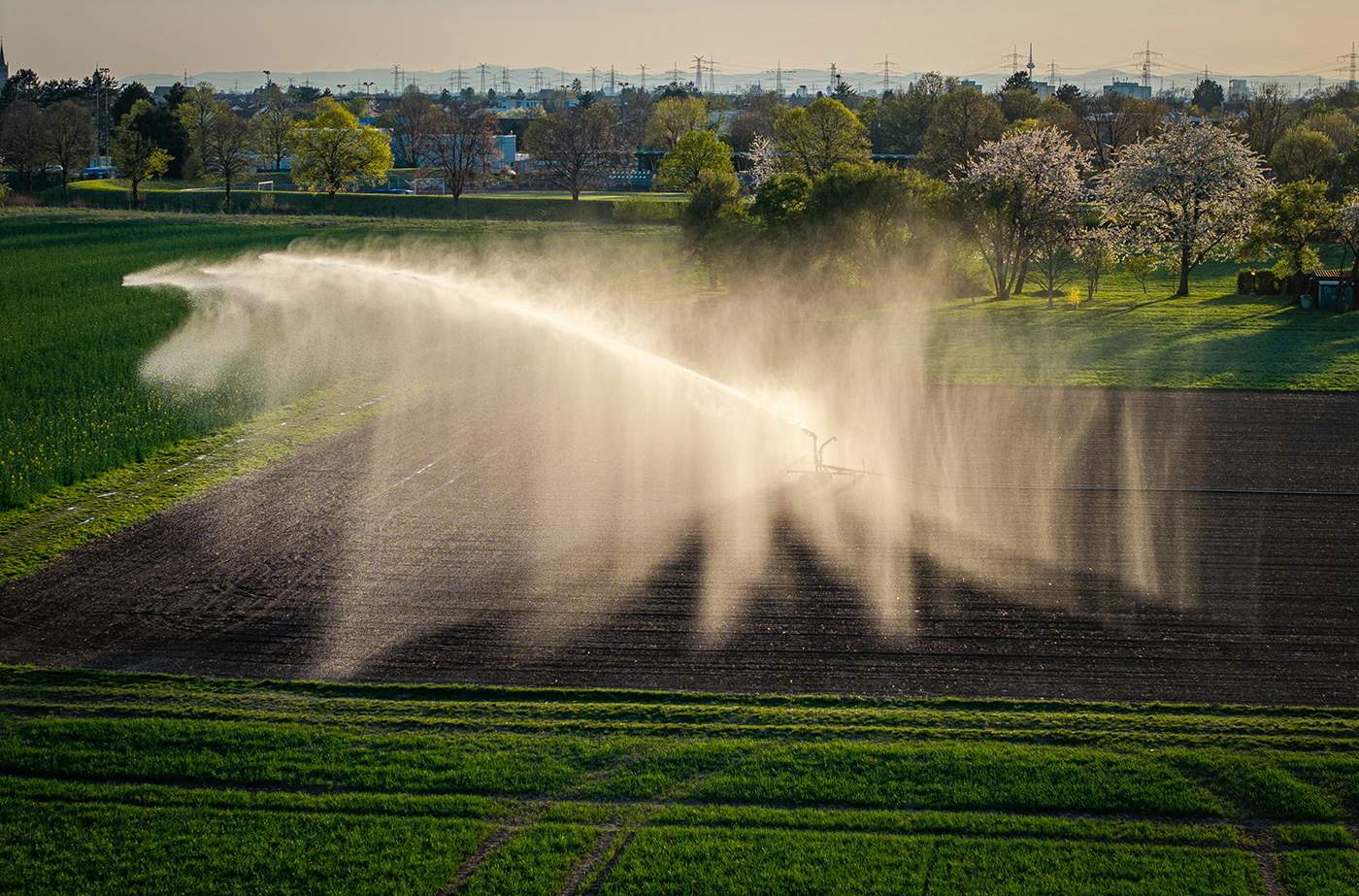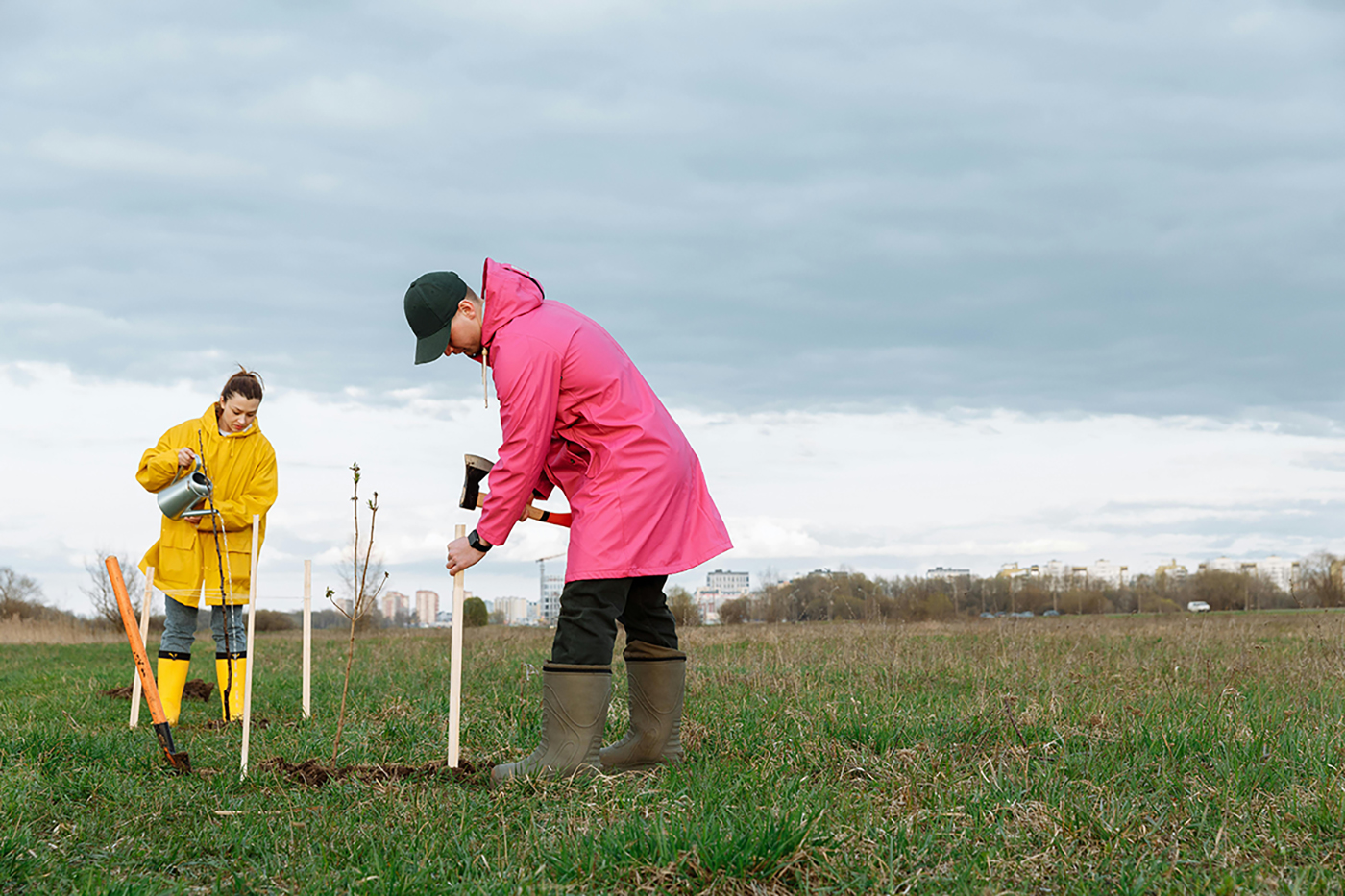As Europe’s agri-food systems navigate the twin pressures of climate change and sustainability imperatives, the need to translate innovation into practice has never been more urgent. Thematic Networks play a vital role in turning existing knowledge into actionable solutions for those working directly on the land. These EU-funded, multi-actor projects are designed not to generate new research, but to collect existing knowledge and best practices on a specific theme and make them accessible to those who need them most: farmers, foresters, advisors, and rural communities.
Thematic Networks work by synthesising field-tested practices, scientific findings, and results from Operational Groups (OGs)- collaborative teams of experts that may include farmers, foresters, researchers, advisors, businesses, and NGOs. They work together to solve practical problems, such as biodiversity loss, water management in rural areas, and soil quality preservation.
The knowledge gathered is repackaged into user-friendly formats like videos, practice abstracts, and visual guides. Crucially, this material is designed to be easily digestible and widely disseminated, ensuring that useful knowledge reaches practitioners where they are: on the farm, in the forest, or advising on-site. The result is a more agile and informed rural community, better equipped to respond to evolving challenges.
One of the latest projects embracing the power of Thematic Networks is AQUAGRIKNOW, a Horizon Europe initiative focused on empowering farmers to address one of the most critical issues facing the agri-food sector today: water scarcity. With agriculture consuming up to 60% of Europe’s freshwater, the project aims to improve water use efficiency, enhance circular practices, and safeguard this essential resource for future generations.

Speaking at the project’s kick-off meeting, Carla Febrer Sanglas, Technical Specialist at the Beta Technological Center (UVic–UCC) and Technical Coordinator of AQUAGRI-KNOW, noted: “Our expectation is not only to optimise water use, but also to help develop roadmaps to replicate innovative solutions for effective water management in the sector and set a new standard of sustainability in agriculture across Europe.”
AQUAGRI-KNOW brings together a diverse group of stakeholders to build a circular water value chain, mixing local traditions with cutting-edge technologies and supporting farmers across Europe to build resilience to climate change. Its role within the Thematic Network ecosystem allows it to both share and amplify its findings through trusted, accessible channels, making sure its innovative solutions reach those who can apply them directly.
A tool for real-world impact Thematic Networks aren’t a one-size-fits-all model. Some projects arise from bottom-up initiatives, where the project consortium identifies an emerging issue or knowledge gap from within their communities. Others follow a top-down approach, responding to predefined priorities set by the European Commission through Horizon Europe calls. A third stream focuses on extending the impact of EIP Operational Groups by building transnational collaborations around existing solutions.
Regardless of their origin, what unites these networks is their commitment to cocreation and knowledge sharing. By involving a mix of researchers, practitioners, policymakers, and civil society actors from the outset, Thematic Networks ensure their outcomes are both scientifically sound and practically relevant. Their focus on participatory innovation means farmers and end users are not passive recipients but active contributors to the development and exchange of knowledge.
Thematic Networks have already demonstrated tangible value across a wide range of topics. BBionets, for example, is both a Horizon Europe–funded project and a thematic network that is building regional Forest and Agriculture Networks to support the uptake of bio-based innovations in rural areas, while NUTRI-KNOW – sister project to AQUAGRI-KNOW – focuses on advancing sustainable nutrient management practices in the EU agricultural sector. These projects, much like AQUAGRI-KNOW, rely on collaboration and communication to increase uptake of good practices and support policy implementation at the local/regional level.
So far, the European Commission has supported 51 Thematic Networks – 40 under Horizon 2020 and 11 under Horizon Europe programs – with more in the pipeline. Many of these have created strong legacy platforms, such as the EIP-AGRI website or the EU Farm Book, an EU-wide knowledge reservoir and one-stop-shop where farmers, foresters, and advisors can access practical knowledge and solutions generated under EU research and innovation programmes and beyond. These digital tools extend the reach of project outcomes beyond their funding cycle, providing a steady stream of inspiration and support for practitioners.

Supporting innovation across borders
Thematic Networks serve as powerful amplifiers for local or national efforts, helping ideas grow beyond their geographic or disciplinary boundaries. In the case of AQUAGRI-KNOW, being part of a Thematic Network means more than developing tools to help farmers save water;, it’s about ensuring those tools are usable across regions and adaptable to diverse agricultural contexts. The project’s ambition is to create a framework that can be scaled and replicated, promoting a lasting circular and resilient water system in agriculture. Through workshops, pilot site visits, audiovisual materials, and digital dissemination, AQUAGRI-KNOW will ensure that its lessons reach the EU farmers, advisors and stakeholders working on similar challenges.
This is where the real power of Thematic Networks lies: in enabling systemic change from the ground up. They do not simply broadcast information; they nurture exchange, test ideas, and build communities of practice. As agriculture moves further into the digital and ecological transitions outlined by the EU Green Deal, Thematic Networks can help make these big ambitions concrete and actionable for practitioners.
Thematic network takeaways
As agriculture continues to evolve in response to environmental, social, and technological pressures, bridging the gap between research, policy, and practice becomes ever more essential. Thematic Networks play a critical role in this transformation, by doing the often-overlooked work of mobilising existing knowledge to support the land stewards who are shaping the future of food.
By fostering collaboration, translating innovation into practical tools, and amplifying impact across borders, these networks help ensure that the EU’s agricultural transition is not only visionary, but also inclusive, grounded, and actionable. In doing so, they lay the groundwork for a more sustainable, circular, and climate resilient Europe.
